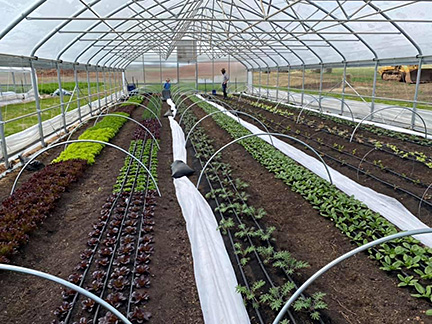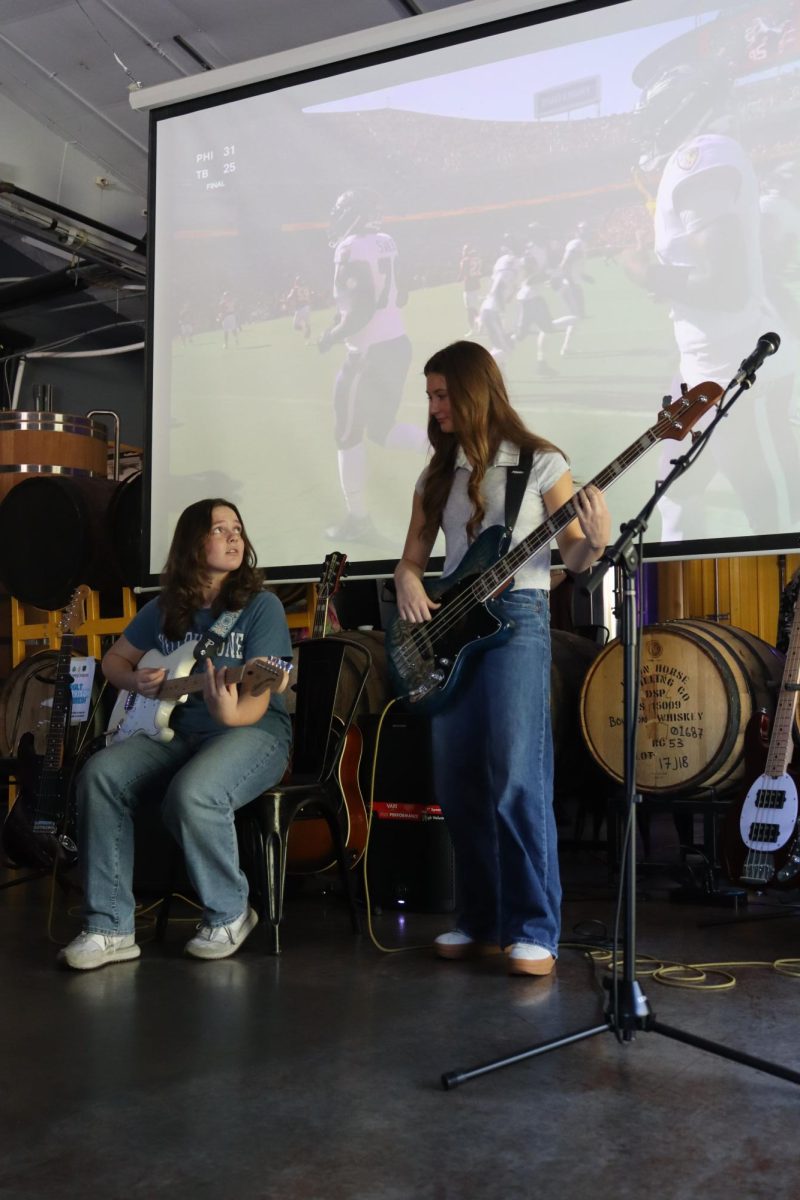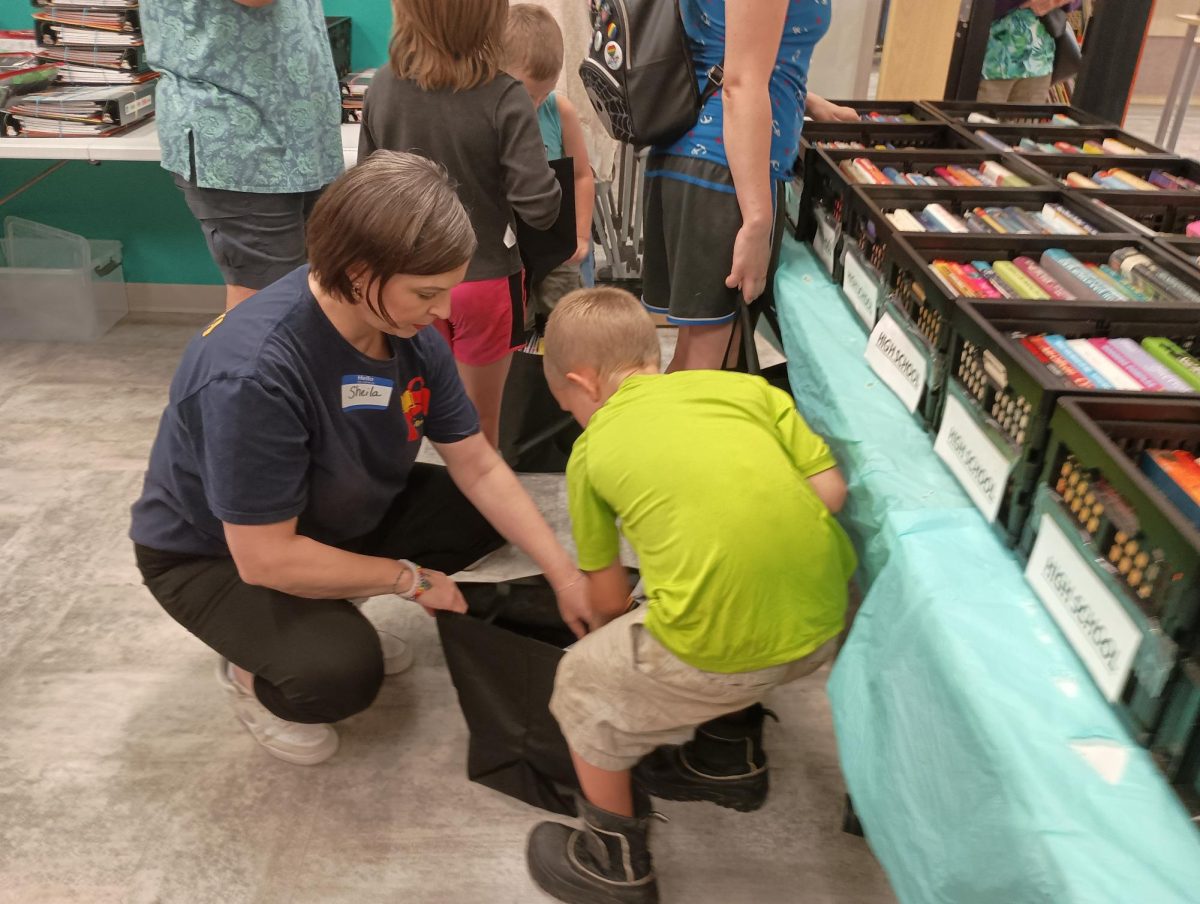
In the summer months, it becomes increasingly more common to see thriving farms and gardens scattered across the Ozarks. Missouri is home to many self-sustaining farms, which contribute to the sustainable lifestyle that many strive to achieve.
People who aim to meet this hallmark of green living are commonly referred to as homesteaders; those who live on what they are able to make for themselves.
“I would call it trying to grow as much of your own food as possible, so you can buy the lowest amount,” Nixa Junior High Horticulture teacher Allan Blaue said. “Some people believe in not leaving a footprint on our society, the least pollution, the least yard waste.”
Missouri is also home to many popular farmsteads and urban farms, that act according to similar principles. A popular urban farm in the area is Finley Farms at the Ozark Mill, located in Ozark.
The Ozark Mill is a farm-to-table style restaurant where produce is grown in the outdoor beds and delivered directly to the kitchen when harvested. Brendan Sinclair works as the farm manager for Finley Farms.
“It is literally less than 1000 feet from field to fork,” Sinclair said. “All the produce for the restaurant travels less than 1000 feet which is pretty cool.”
One of the biggest benefits of homesteading and urban farming is the significantly shorter distance that the produce travels.
Springfield Community Gardens is an organization in Springfield that promotes fresh, healthy eating and supports local farmers. Anna Withers works as the farmer and development resource manager for the gardens.
“If it doesn’t have to travel across the United States or even internationally, you’re saving a lot on gasoline and transportation,” Withers said. “People are eating the food sooner after harvest, and… the sooner you eat something after harvest, the more nutritious it is.”
Springfield Community Gardens consists of 17 gardens and three urban farms, and they are dedicated to sustainable agriculture. The gardens are Certified Naturally Grown and are pursuing the Certified Organic label. Their sustainable action is primarily found in their soil conservation efforts.
“We specifically promote conservation practices and farming and gardening in a way that protects the soil and preserves the environment and is adding to the health of the environment versus stripping the soil of nutrients,” Withers said. “The healthier the soil, the healthier the food and flowers that will come of it.”
One of the many crucial soil practices that both Finely Farms and the Springfield community gardens take part in is the use of compost.
“We’re composting food scraps from the restaurant and from the farm and it is composted into the compost that you see in the beds,” Sinclair said. “We’re kinda closing the nutrient cycle so extra crop residue that we pull out at the end of the season will be composted.”
Composting is a way to not only improve the health of an at-home garden but a way to reduce food waste and return valuable carbon and nutrients to the soil.
“If you can return it and use it to create compost, that’s a value add for your operation,” Withers said.
Both establishments attempt to bring their community together and promote sustainable lifestyles.
“‘Planty’ people are very special people. Gardening is so good for your health, it’s good for the community, it beautifies neighborhoods, it brings neighbors together who otherwise wouldn’t know each other or cross paths and there are so many health benefits to getting your hands in the soil and it’s very satisfactory,” Withers said.












